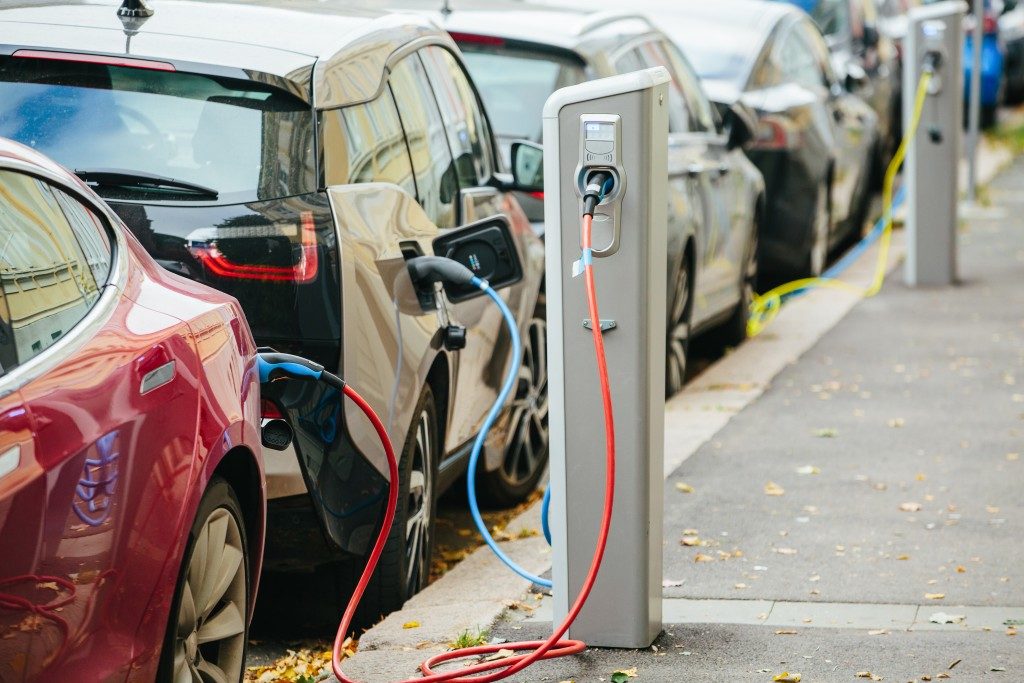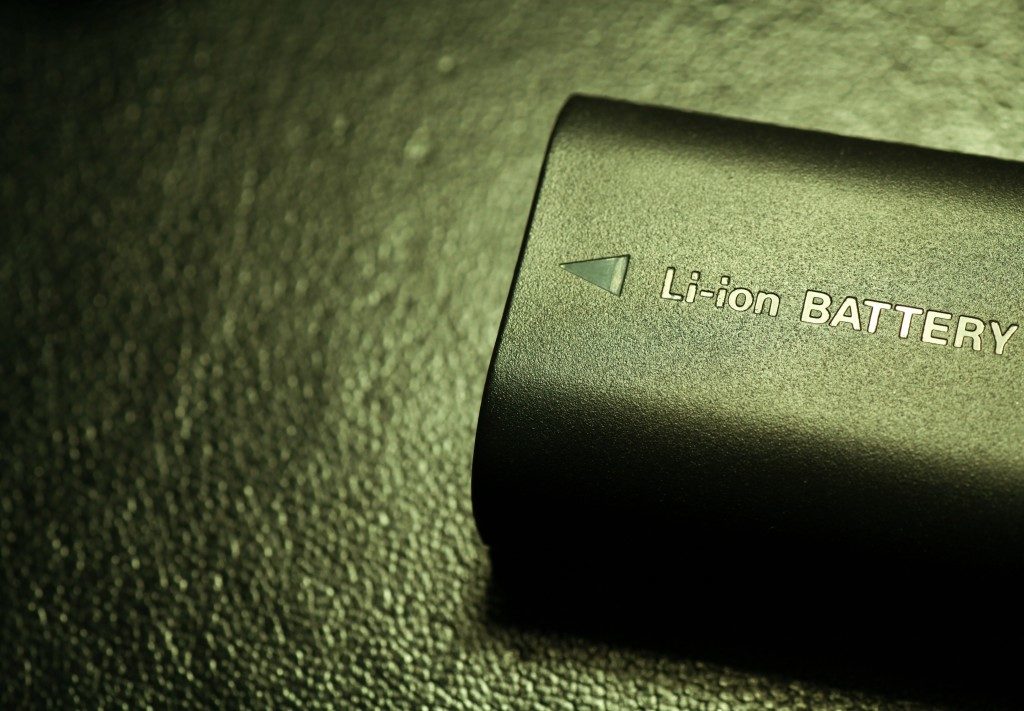Electric cars were already being produced in the late 1990s, but their popularity and subsequent sales were easily overtaken by vehicles with internal combustion engines. Part of the problem was the engine’s limited capacity.
Nowadays, electric cars are lighter and have better engines and longer-lasting batteries. The demand for electric cars is even expected to grow, with most major car manufacturers planning to release their own versions in the next few years. This will further increase the demand for the production of lithium-ion batteries for powering electric vehicles.
Industrial Power Generation Demand
Electric cars have been driving up the demand for batteries, but other industries are also expected to have great demand for lithium batteries. These include home electric batteries for wind turbines as well as for industrial solar energy production purposes.
Commercial and home users need batteries to save the excess power generated during the day. The energy is stored in the batteries and then used at night when there is no power generation. For these purposes, the batteries are always on and either these are being charged or their energy capacity is being drained while in use.
Power plants also have a need for backup systems and batteries. Although having a continuous power source will be significant for consumers, batteries in power plants take a back seat to car batteries in terms of consumer interest. The current demand for lithium batteries for electric vehicles is roughly 50%.
Electric Car Demand
 While the United States is closely watching Tesla, there are other developments that might have an effect on the use of electric cars. For instance, Formula racing is slowly increasing the use of batteries as a power cell of choice. It is expected that the popularity of electric cars on the Formula circuit will fuel further research into electric vehicles and batteries. Meanwhile, at the famous Le Mans 24-hour race, electric cars already have their own category.
While the United States is closely watching Tesla, there are other developments that might have an effect on the use of electric cars. For instance, Formula racing is slowly increasing the use of batteries as a power cell of choice. It is expected that the popularity of electric cars on the Formula circuit will fuel further research into electric vehicles and batteries. Meanwhile, at the famous Le Mans 24-hour race, electric cars already have their own category.
At the same time, the biggest European manufacturers are racing to develop electric vehicles for sale by 2022. Of the more than 1.1 million electric cars sold all over the world in 2017, about half of these were sold in China. The expected compound annual growth rate will be a high 15.6% up to 2022.
This means that demand is on track to double every five years. The growth will include electric vehicles and plug-in hybrid electric vehicles. China produced 579,000 electric vehicles in 2017. This is expected to grow to more than 1.5 million vehicles by 2022.
Demand for batteries is increasing, as well. In 2018, 26,700 tons of lithium was used to manufacture batteries. This is expected to increase further to 58,300 tons in 2022.
More and more people are getting interested in electric vehicles. The reason that electric cars are rising in popularity is they are environment-friendly devices. Unlike cars with internal combustion engines, electric vehicles do not burn oil for fossil fuels. Burning gas can worsen the current crises and lead to warmer temperatures worldwide. Electric vehicles do not produce carbon bi-products, which can also harm the environment.

